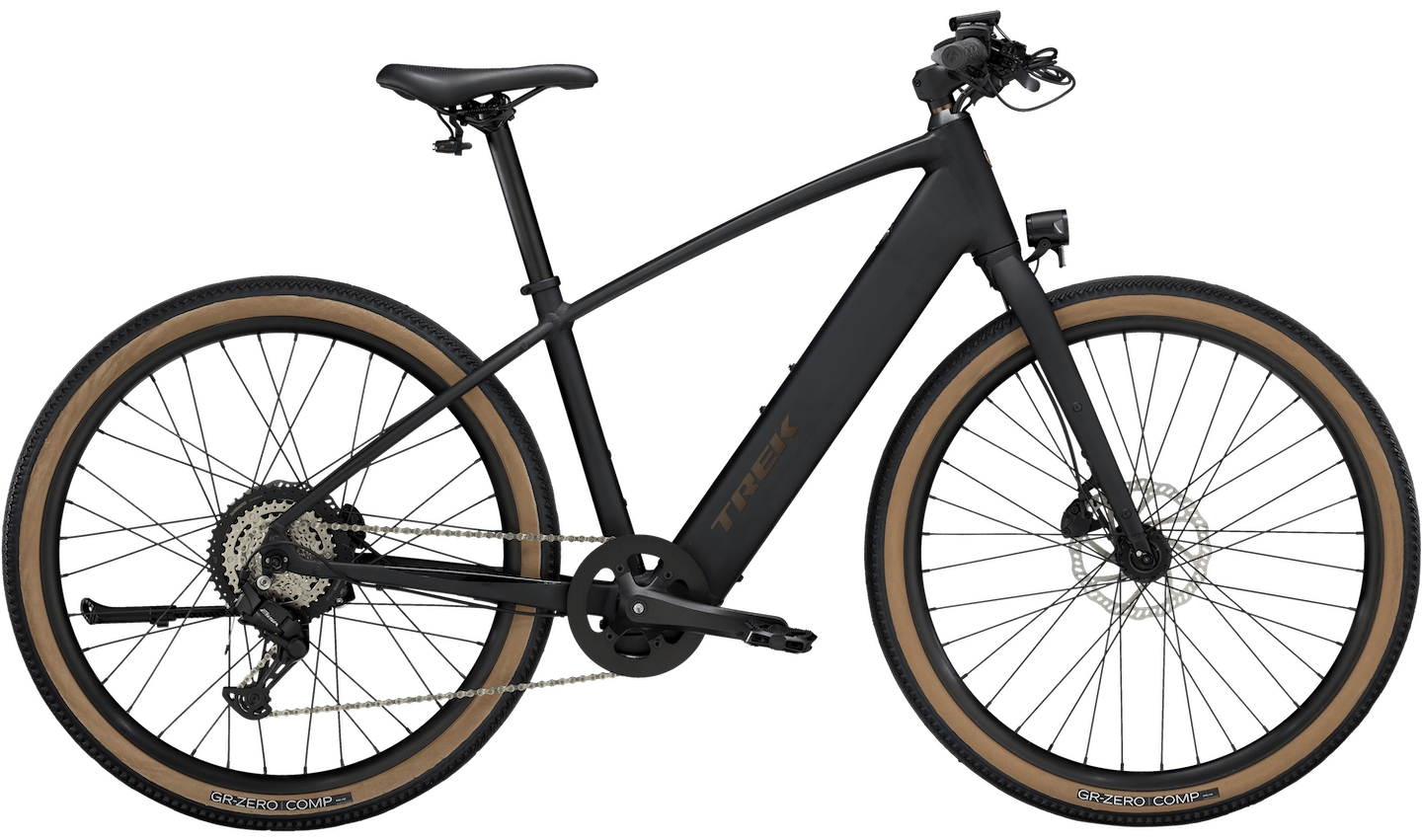December 8, 2021 - (Taipei, Taiwan) The goal of achieving net zero emissions is becoming increasingly important for the cycling industry. To discuss this topic, Taipei Cycle invited industry leaders and professionals to a virtual webinar, presenting an opportunity for these experts to share their views and insights on the topics of e-mobility, sustainability, and cycling culture.
Visitor registration is now open for Taipei Cycle, click here to find out more. Taipei Cycle 2022 will be a hybrid show, both physical (running from 9-12 March) and online (9 March to 8 April).
Click the video below to watch the webinar:
E-mobility: an ever-growing sector
Discussing a shared vision for e-mobility, James Huang, the Chairman of the Taiwan External Trade Development Council (TAITRA), emphasized how the pandemic has led to changes in almost every area of life. One of the most important lessons learned from the past year is how to live more sustainably and Huang stated that cycling is key to this, due to its eco-friendliness and ease of maintaining social-distancing.
Taiwan, of course, is famous for its manufacturing of bicycles. Between the period of January to August 2021, the country’s exports for e-bikes in particular were in the region of 670,000 units with a total export value of $888 million USD. This represented a year-on-year increase of 40%, both in volume and value.
Mr. Huang went on to emphasize that Taiwan has highly developed industries in both cycling and IOT (Internet of Things). As such, it is possible for the nation to combine the strengths of these two sectors in order to structure a green mobility roadmap for the cycling industry.
A call for innovation
Gina Chang, the Secretary General of the Taiwan Bicycle Association (TBA), discussed several trends that will affect the industry over the next ten years. To begin with, Chang described that the cycling industry will experience a shift towards more green manufacturing, stating that “over the next five years, particularly [with regards to] carbon footprint verification and general environmental awareness, the Taiwanese bicycle industry will adapt very quickly.”
Furthermore, personalisation of products for a buyer’s individual needs will become increasingly popular. However, Chang stated that “customization may indicate a trend of low-volume manufacturing”.
Finally, Chang described that e-bikes will integrate the ‘Internet of Things’ into their software and applications, stating that development in this area “will go beyond our expectations within 5 years”.
Adding to this, Michael Tseng, the President of Merida and Chairman of the TBA, stated that “during this pandemic, we have continued production to provide great cycling products that meet global market needs”. Tseng concluded with a call to action: “Let’s cycle for a safer, healthier and successful future!”.
Cycling’s role in a more sustainable future
On the topic of sustainability, Filip Grzegorzewski, Head of the European Economic and Trade Office, discussed the ‘Sustainable and Smart Mobility Strategy’ which was launched by the EU in December 2020. Under this new strategy, the European Union aims to reduce CO2 emissions by 90% in the transport sector by 2050.
The EU recognises cycling as a key aspect of a multimodal and integrated transport system and aims to advocate cycling in order to meet its environmental goal. This will include continuing to finance and improve cycling infrastructure, as well as promoting and supporting cycling projects in its member states.
Taiwan is the third largest exporter to the EU’s bicycle industry, and imports of specifically electric bicycles to the EU came primarily from Taiwan (53% of total extra-EU electric bicycle imports). This also means more business for Taiwan’s bicycle industry.
Green industry solutions
Taiwan’s bicycle manufacturers value the importance of sustainability, and shared their experiences on the topic of ESG (environmental, social, and governance).
On this topic, Michael Lin, CEO of Pacific Cycles, described their company’s push for more sustainable power sources. He highlighted that “When our second plant was under construction about 10 years ago … a comprehensive water recycling system was adopted”. This is alongside the solar powered systems already in place at all of their plants. Furthermore, Pacific Cycles promised to reduce packaging by 2025, based on a convention signed with their European partners.
Echoing this, Carol Chen, the owner of Austrian brand KTM Bike Industries, affirmed that KTM made use of both solar and hydro power during their production process. Chen also highlighted the importance which KTM places on a working environment which values freedom and human rights, describing that they encourage all suppliers and partners to follow these practices through ‘ESG management’.
Taipei Cycle is one of the largest B2B cycling trade shows in the world and will feature a comprehensive lineup of exhibitors. These will cover all aspects of the cycling supply chain and display the industry’s ongoing R&D innovations.
The Taipei Cycle show will take place from March 9 to 12 at TaiNex 1, Taipei City while the Taipei Cycle DigitalGo (a parallel virtual trade show) will be available online over the course of a month from March 9 to April 8. Visitor registration is now open. For more information, please click here.
Taipei Cycle recognises the great importance of promoting a sustainable future, and this year includes two new categories – ‘Smart Cycling’ and ‘Green Design’ – in its d&i awards to encourage this. To apply for the Taipei Cycle d&i awards, click here.

















